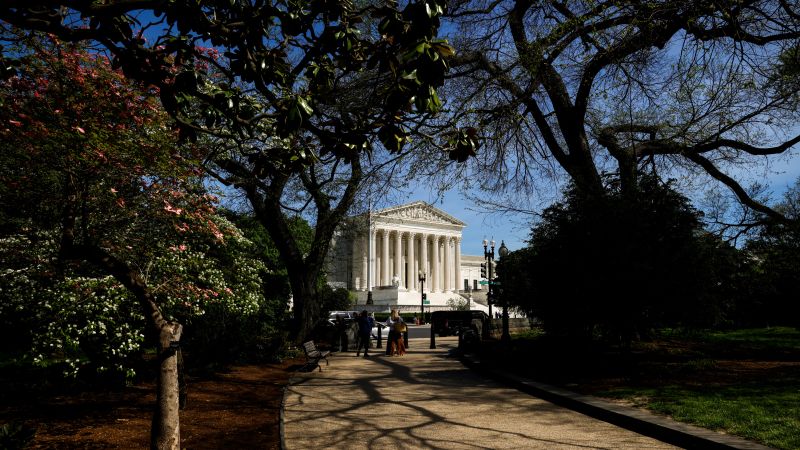The adult entertainment industry has asked the Supreme Court to temporarily block a Texas age-verification law that they believe violates the First Amendment by making it harder to access porn sites online. This law requires websites with harmful content for minors to verify user ages, but critics argue that it forces adults to identify themselves before accessing pornography, infringing upon free speech rights. The group filed an appeal to the Supreme Court and have requested an expedited review or a block on the law while the appeal is considered.
The 5th US Circuit Court of Appeals recently upheld the Texas law in a 2-1 decision, citing the state’s interest in preventing minors from accessing pornography. The adult entertainment industry, represented by the American Civil Liberties Union, argues that Americans have differing views on sexual content online, and that the law restricts adults from accessing content that may be important or essential to them. The Supreme Court previously invalidated parts of a federal law in 1997 that aimed to protect minors from indecent material online because it placed burdens on adults, but the 5th Circuit based its decision on a 1968 precedent that allowed a New York law barring the distribution of obscene material to minors to stand.
The appeals court emphasized the potential harm that access to pornography can have on children, and that attempts to identify users online will inevitably involve adults in some way. The group challenging the law argues that the requirement of age verification before accessing content violates free speech rights online, regardless of the state’s intentions to protect minors. They are seeking relief from the Supreme Court by asking for the law to be blocked temporarily or for an expedited review of their appeal to be considered. It remains to be seen how the Supreme Court will ultimately rule on the case.
Overall, the case revolves around the balance between protecting minors from potentially harmful content online and upholding the free speech rights of adults. The adult entertainment industry argues that the Texas law imposes unnecessary restrictions on adults’ access to pornography, while the state emphasizes its interest in preventing minors from being exposed to such material. The Supreme Court has previously addressed similar issues surrounding internet content and age verification, making this case a complex legal matter that will have implications for online free speech and access to adult content.













